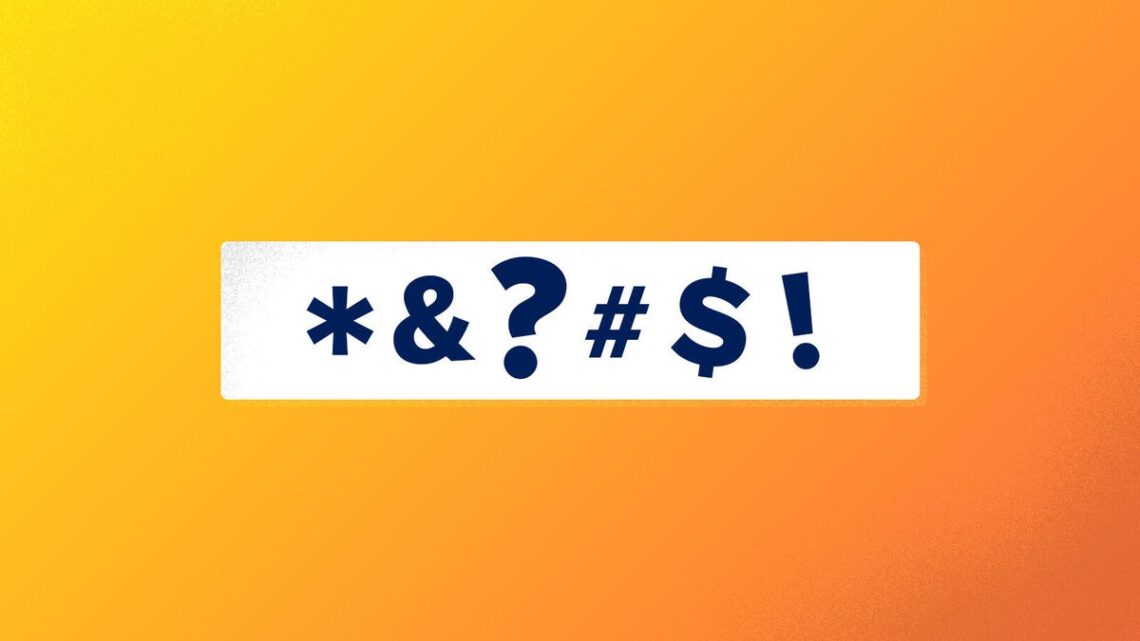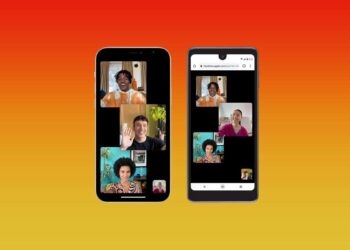There’s a lot to hate about passwords. Good ones can be hard to remember. They’re often a pain to reset. And even when we do everything right, they can still be cracked by cybercriminals.
The use of passwords dates back to antiquity, but cybersecurity experts have long pushed for their elimination. In the days of ancient Rome, that might have been an impossible task, but with the help of modern technology, they say, humanity has the potential to move beyond passwords and into a world of easier, more secure authentication methods.
That may be more easily said than done, but what better occasion to push for the elimination of the password than World Password Day, which falls on May 2. It’s a totally made-up celebration created by Intel back in 2013. Traditionally, it’s intended as a reminder to take a close look at your logins and make sure they check the required security boxes.
Passwords have long endured because, on the surface, they seem simple and everyone online today knows how to use them. On top of that, there just hasn’t been a scalable alternative to them.
But that’s changing. Both businesses and consumers now usually have the option of logging into their devices with biometric indicators, physical keys, authentication apps and now passkeys.
Passkeys, which replace passwords with cryptographic keys, are built on protocols and standards created by the FIDO Alliance. Apple rolled them out as part of iOS 16 in 2022, and Google introduced support for them on all major platforms last year. Proponents say passkeys offer a better user experience than passwords, while eliminating the risks of weak, reused and compromised passwords, not to mention phishing attacks.
Most importantly, passkeys take on the security burden that was previously shouldered by users, said Anna Pobletts, head of “Passwordless” operations for 1Password, a leading password-manager provider that supports passkeys.
With traditional passwords, it’s usually on the user to create them and…
Read the full article here






